Finance Minister engages IFC to boost Ghana’s agricultural transformation
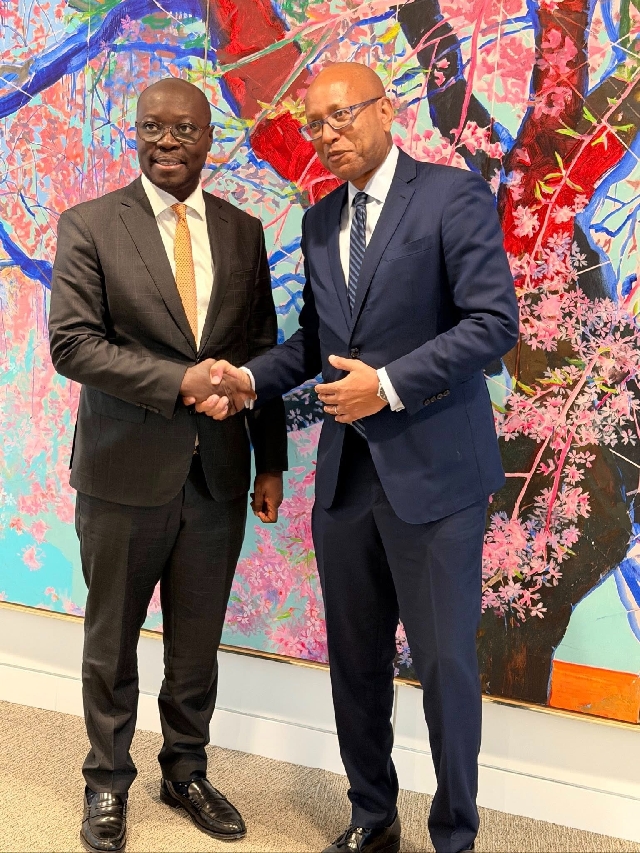 Finance Minister shaking hands with IFC Africa boss after a meeting
Finance Minister shaking hands with IFC Africa boss after a meeting
The discussions centred on strategic investments to transform Ghana’s agriculture into a major driver of jobs, industrialisation, and export-led growth.
Dr. Forson disclosed that the government is in the final stages of developing a comprehensive Oil Palm Plantation Policy, which will be presented in the 2026 Budget.
The policy, he noted, forms part of a broader national strategy to promote economic crops and position agriculture as a central pillar of Ghana’s structural transformation.
“The potential is enormous,” Dr. Forson said. “With the right investment and partnerships, Ghana can create over 500,000 jobs across the value chain — from cultivation and processing to manufacturing and exports — through the development of these strategic crops.”
He emphasised that such large-scale transformation would require patient capital and sustained investment.
The Ministry of Finance, he said, is working closely with the World Bank, IFC, and other development partners to mobilise financing and attract private sector participation in agriculture and agro-industrial ventures.
Dr. Forson highlighted that Ghana’s long-term vision is to harness the power of agriculture to deliver inclusive economic growth, strengthen food security, and diversify exports, while generating meaningful employment opportunities for the youth.
“Ghana is ready to move,” he affirmed. “Together with our partners, we will place economic crops at the heart of our nation’s transformation agenda.”
The IFC, the private-sector arm of the World Bank Group, has been a key partner in supporting Ghana’s private sector through investments in finance, energy, manufacturing, and agribusiness.
Source: Classfmonline.com/Cecil Mensah
Trending Business

President Mahama announces pro-enterprise reforms to attract foreign investment
13:13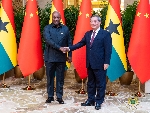
Ghana, China to finalise zero-tariff trade agreement — President Mahama
11:07
GIPC joins trade delegation at Burkina Faso forum
11:18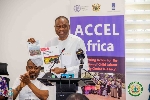
Ghana launches first-ever National Occupational Safety and Health profile to promote safer workplace
17:48
Ghana, Burkina Faso deepen trade and investment ties at Ouagadougou forum
11:15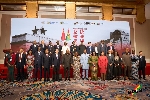
GIPC CEO promotes Ghana's EV investments in China
16:47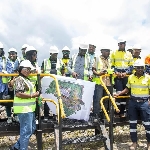
Zambian delegation visits Tarkwa Goldfields to study Ghana’s mining best practices
01:52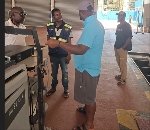
DVLA CEO pays surprise visit to Plaspack PVTS, announces plans for new ultra centre in La
08:35
Fourth Estate lied: NLA never paid GHS 37 million as profit for the state in 2018
01:54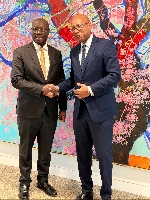
Finance Minister engages IFC to boost Ghana’s agricultural transformation
06:18




